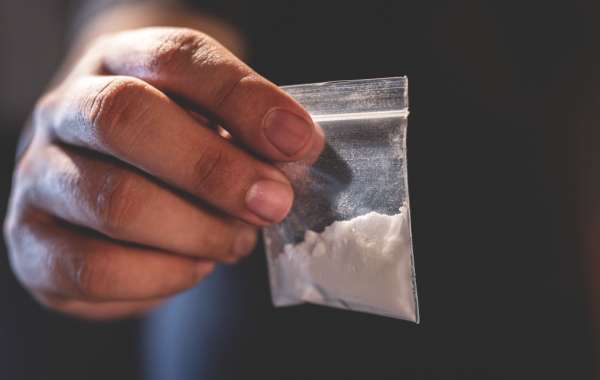Cocaine abuse can cause various ailments including cardiac disorders, seizures, and pulmonary infarction. However, there are several medications that can treat these ailments.
Seizures
The effects of cocaine on the brain are many. Seizures are an unpleasant complication of drug abuse. But it is important to remember that seizures are usually not fatal. They are caused by the abnormal electrical activity in the brain. However, if you are having seizures, seek medical assistance right away.
A large number of recreational drugs have the potential to cause seizures. Some of these include heroin, synthetic marijuana, cocaine, amphetamines, caffeine, inhalants, and prescription medications.
Cocaine causes seizures in both people with and without epilepsy. Most seizures occur within the first few hours of use. If you have a history of seizures, you may be at a higher risk.
In addition to its direct effect on the brain, cocaine may lower your seizure threshold. This is because the drug increases your attention, alertness, and energy levels.
However, it is important to note that the effects of cocaine on your seizure threshold are not consistent. Compared to alcohol, this effect is less pronounced.
Acute myocardial infarction
Cocaine abuse can cause a range of cardiovascular problems, including acute myocardial infarction. Its effects depend on uncontrolled stimulation of the sympathetic system.
Acute myocardial infarction occurs when blood flow to the heart is restricted. This happens because of a combination of increased oxygen demand, increased blood pressure, and platelet activation. Other complications include intracerebral hemorrhage, pulmonary edema, renal infarction, and mesenteric ischemia.
The prevalence of cardiomyopathies among cocaine abusers varies, but it is generally higher than that of non-users. Studies have suggested that cocaine-induced cardiac damage is most likely to occur during the first 60 minutes after ingestion.
The exact mechanism of cocaine-induced myocardial injury remains uncertain. However, some studies suggest that cocaine may hasten coronary artery atherosclerosis. Another potential mechanism is that the stimulatory effects of cocaine add to coronary vasoconstriction.
In addition to cardiovascular complications, cocaine can cause dilated cardiomyopathies. One study reported that long-term use of the drug led to hypertrophic cardiomyopathies.
Recent studies have also shown that cocaine abuse is associated with cardiovascular mortality. While some studies have found that the risk of cardiovascular death is higher in cocaine users, others report a decreased incidence of mortality in patients with a history of cocaine abuse.
Pulmonary infarction
There is a growing body of evidence that chronic cocaine use is associated with pulmonary hypertension. This condition often leads to right heart failure. However, the exact mechanism of the drug's effect on pulmonary vasculature is unclear. Moreover, it has been reported that some of these effects may be reversed with the cessation of the drug.
The incidence of pulmonary complications from cocaine depends on the duration and dosage of the drug. Some of these effects include pulmonary embolism, pulmonary infarction, and pulmonary barotrauma. Although the exact causes of these complications are not well understood, they are largely attributed to the drug's ability to vasoconstrict the pulmonary vascular system.
A study of 88 cocaine users showed that the risk of pulmonary arterial hypertension was five times higher than that of controls. Likewise, cocaine users had a five-fold increased risk of developing a pulmonary embolism.
Aspiration pneumonia is another common complication of drug use. Smokers exhale forcefully into the mouth of their smoking partners to increase the uptake of the drug. In addition to cocaine, heroin and opioids can also cause aspiration pneumonia.
Treatment for cocaine addiction
If you or someone you love is suffering from cocaine addiction, there are effective treatment options available. Treatment will help you learn how to break free from addiction, prevent relapse, and repair relationships. The length of treatment depends on your personal needs and the severity of your problem.
Most rehab programs last from 30 to 90 days. Rehab can include individual therapy, group therapy, family therapy, and medication.
Cognitive behavioral therapy is a popular method of treating addiction. In this type of therapy, patients are taught to recognize negative thoughts and behaviors and develop coping skills.
Another popular method is motivational interviewing. It is a technique that focuses on identifying the causes of your addiction and developing a plan to change them.
Cocaine addicts may also need to deal with the psychological side of their addiction. These treatments may include anxiety and agitation medications that stimulate neurotransmitters to release feelings.
After withdrawal from cocaine, symptoms such as irritability and depression may persist. Depression can lead to suicidal thoughts.








